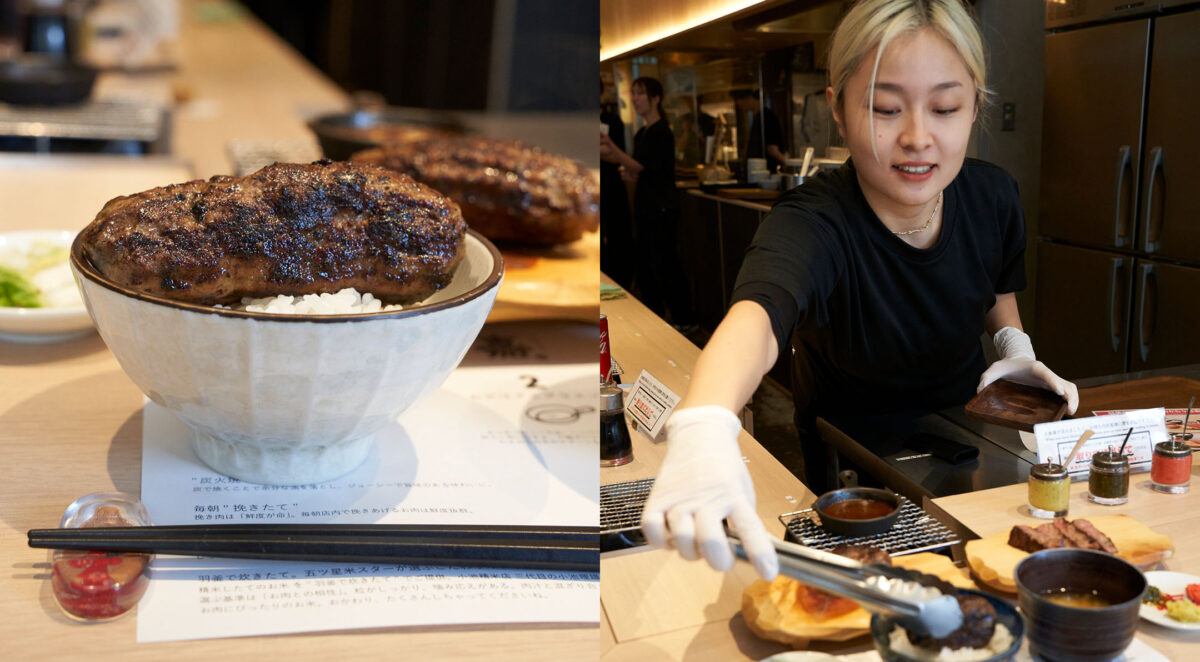Editor's Picks
Previous
Next
Previous
Next
ON THE COVER
FEATURED VIDEO
In His Element: Kaloy Sanchez lets us into his artistic space
BY SOPHIA YSABEL CONCORDIA

FROM THE NICHE TITLES






































































































